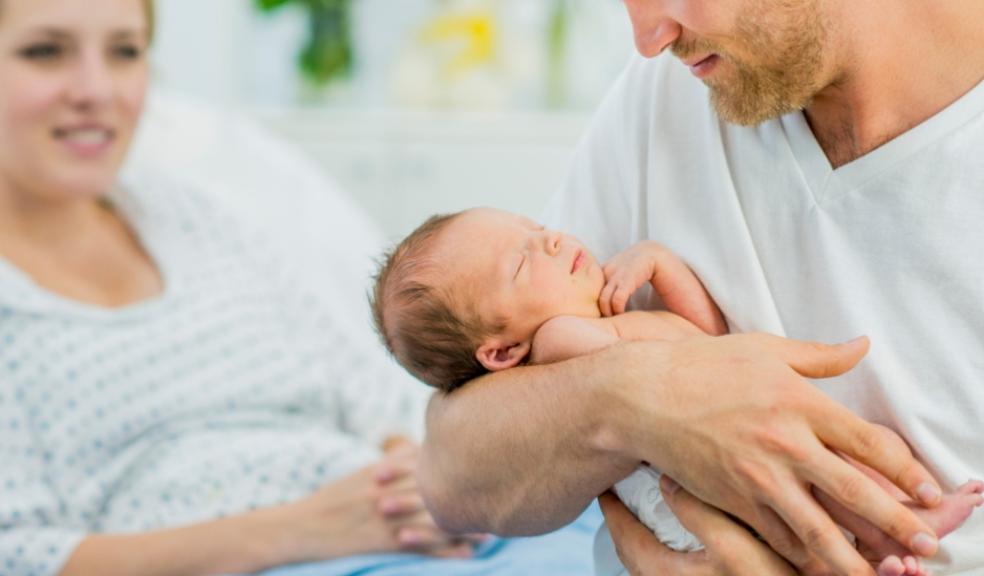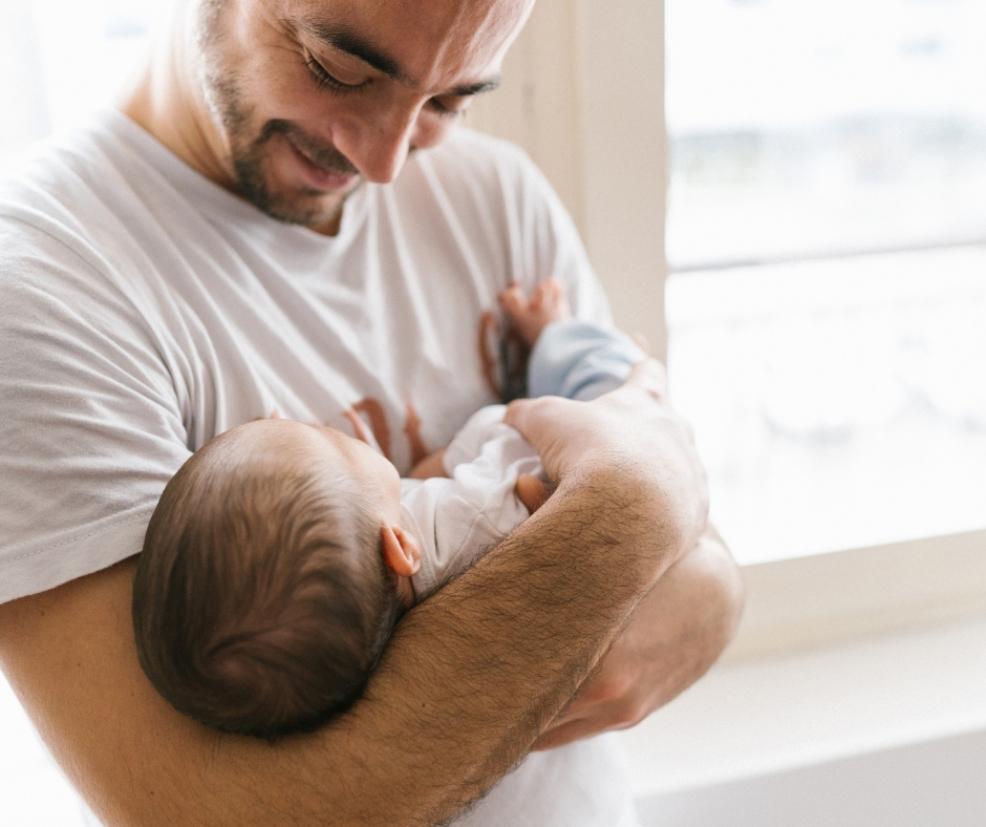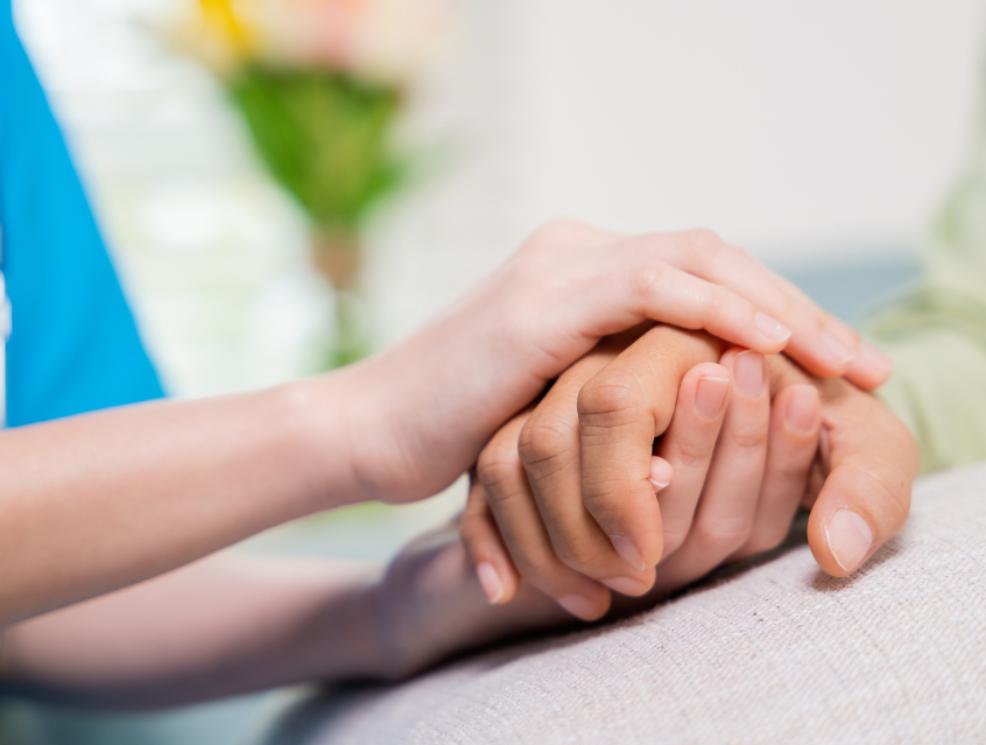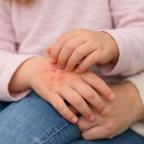
Becoming a dad: symptoms and seeking help with paternal postpartum depression
Parenting is one of life's greatest joys, but can take its toll on your physical and mental wellbeing. Studies show that one in ten new fathers will experience symptoms of paternal postpartum depression (PPD) – with symptoms showing typically between three and six months after birth.
With International Men’s Day on November 19th, there needs to be more focus on the men’s mental and physical health, and the ways dads can care for themselves when their little ones first come into the world.
Kelly Nairne, Marketing Director at Bugaboo, says: “Building a brighter, happier future for your children means taking care of yourself too. Raising children isn’t an easy task, it takes a lot of time and energy and sometimes parts of yourself. Any parent can suffer from depression and mood disorders, so making sure you’re managing is the first step in providing a safe, nurturing environment for your little one.”
Society can add more pressure on expecting and new parents. Knowing how to take some time for yourself, the symptoms of depression, and when to ask for help is a must.
How to notice symptoms in yourself and others
Whether you’re a new dad yourself or you know someone who has just become a dad, it is important to recognize the symptoms of poor mental health and PPD.
Some symptoms of postpartum depression in men can include:
· Increased feelings of sadness, emptiness, worthlessness and helplessness.
· Disinterest in previous hobbies and activities – this can be a loss of interest in some or all of your daily activities.
· An increase or decrease in appetite.
· An increase or decrease in sleep and feelings of fatigue.
If you’re noticing a shift in your attitude and behaviors, which is concerning, then it is time to seek out help. While raising a newborn can already be a tiring task, if you’re struggling with insomnia or hypersomnia every day, you might want to consult a doctor.
Being a new dad is a blissful moment full of firsts, but no one can prepare you for PPD. And the screening of non-birthing partners for postnatal depression isn’t at the right standard yet. So, making sure you’re noticing changes in yourself, your partner, or your family and friends when a newborn arrives is important to seek the right help at the right time.
Ways to help you cope
Take time for yourself
Alongside depression, dads of newborns can also experience anxiety. So, knowing how to manage symptoms such as breathlessness and panic attacks can also help reduce some of the tension you’re feeling. Try breathing exercises to help regulate yourself during anxious times. Journaling has also been an effective way of managing anxiety and racing thoughts.
Understand that PPD is natural and cannot be helped. It isn’t a reflection on your parenting, and seeking help is a brave step. Making sure you’re investing in yourself is important when you have a newborn.
Some time to yourself can include going for a walk, working on a solo hobby, or treating yourself to some self-care. Whatever makes you feel a bit more you is worth investing some time in.
Bonding with your baby
Bonding with the baby can also help you feel more comfortable and confident as a new parent. Bonding time should be one-on-one. Not only will it give your partner some time to care for their own needs, but it will let you understand your baby better without someone else being there.
Placing your baby in a newborn pushchair and braving the outdoors might feel intimidating, but daily walks can do wonders for both your mental and physical health. Skin-on-skin time can be another great way to start connecting with your baby, even from the first day.
Reach out
If you’re finding it difficult to cope, reaching out can be the first step. Your friends and family can be a great support network during the first year of a baby’s life. Whether you’re having a night alone with your partner by letting your family babysit or reaching out to friends with newborns, asking for help doesn’t have to be daunting. And many will be honored that you asked.
You can also reach out to newborn groups. This way, you can meet other dads with newborns in your local community to gain additional support. Not only can you get advice from others, but it can also help you realize you’re not alone in the way you’re feeling.
Reaching out can also help break down the stigma around men’s, especially dads’, mental health.
When and where to get help
For more severe cases of depression and anxiety, the next step would be to contact your doctor. Whether you’re realizing you’re struggling to function with your everyday activities or having increasingly negative thoughts, booking an appointment with a doctor is important.
Remember, your mental health is just as important as your physical health when it comes to caring for yourself and your baby.
You can also reach out to a therapist, or your doctor might refer you to a counsellor or mental health professional. Feelings of depression and anxiety can be worked through with cognitive behavioral therapy (CBT). Other treatments might include medication to help reduce the symptoms of depression and anxiety.
Men’s mental health is often overlooked, especially during the first year of a newborn’s life. But no one should suffer from depression and anxiety alone. Reaching out to friends, family, or even medical professionals can help you open up the conversation about your mental health and ensure you get the right treatment to start feeling yourself again.
The article was written for us by Bugaboo
Sources:
















